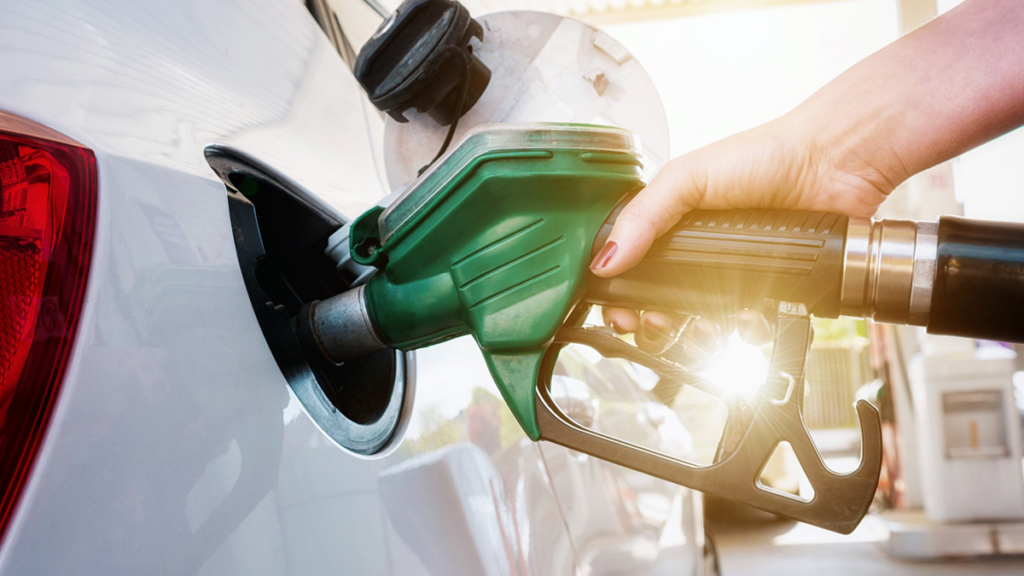A lot of vehicles run on alternative fuel, like hybrids or electric cars, but an often overlooked fuel source is diesel. When you’re choosing a car, you may face another daunting dilemma: what kind of engine is best for you? In this blog post, we’re explaining the difference between gasoline and diesel engines to make your choice a little easier.
What’s the difference between gasoline and diesel engines?
The main difference between gasoline and diesel engines lies in how the motor works. In diesel-powered vehicles, the air-fuel mixture heats to high temperatures before being injected to the cylinders, and ignites there, solely because of heavy compression ratios. Spark plugs, on the other hand, are used for combustion in gasoline engines. Diesel cars are generally heavier because of their hardy construction and they can be slightly noisier than gas counterparts.
Why is diesel more efficient?
Due to higher compression, diesel engines produce more torque. That means better acceleration and improved engine elasticity since higher torque is available at lower rpm. Consequently, there are plenty of pickups available with diesel engines: the high torque at low rpm allows transporting and towing heavy loads with a decreased risk of damaging the vehicle’s clutch. A lot of modern diesel engines are fitted with turbos which provide instant power.
Mileage
First, you’ll have to factor the average daily mileage you’re going to cover. Gasoline cars usually have more powerful motors, but diesel engines provide higher efficiency on highways and long distances. Covering 622 miles on a single diesel tank is quite common. But if you’re mostly going to be driving in the city, consider a gas car: efficiency won’t change much since the fuel consumption in the city is roughly the same for both engine types.
Pricing, Resale Value, and Maintenance
Since diesel vehicles are by far more efficient, you’ll save big in the long run spending less on fuel. On the contrary, they are more expensive to maintain and manufacture than gasoline contenders. This explains the higher MSRP and resale value of diesel vehicles. In Europe, diesel cars are subjected to specific taxes which can raise overall ownership costs.
Gas prices vary from country to country, though they’re generally lower than diesel. In order to calculate your annual fuel costs, take into account fuel prices in your area.
Maintaining gasoline engines is pretty straightforward and less expensive. Often, diesel engines require special technicians which may be more expensive than regular service for gas engines. Finding parts for both isn’t that difficult, though parts for diesel cars can be costly.
Wrap Up
The choice between gas and diesel isn’t easy. To make a balanced decision, always calculate how much you’re going to spend on a car and its maintenance, how many miles you’ll cover, and don’t rely exclusively on either resale value or fuel economy. You can find a lot of clean and salvage title cars for sale on a budget with Salvagebid. You’ll have to register, provide a copy of your government-issued ID or passport, and place a fully refundable security deposit to start bidding. Don’t hesitate to contact us or give us a call at + 1 (360) 347-1300 (6:00 AM – 3:00 PM PST, Monday to Friday) if you have any questions.
